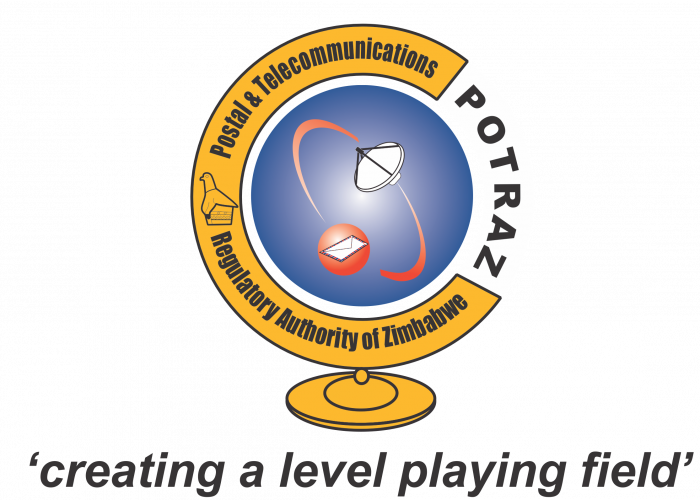



THE Postal and Telecommunications Regulatory Authority in Zimbabwe and the Reserve Bank of Zimbabwe are currently working on a Memorandum of Understanding to clarify how the mobile money services platform should be regulated.
In spite of the successes registered with mobile money, Zimbabwe does not have regulatory frameworks for restitution of users should any of the platforms collapse.
Postal and Telecommunications Regulatory Authority of Zimbabwe (Potraz) acting director general Baxton Sirewu told a Parliamentary Portfolio Committee on Information, Communication, Technology, Postal and Courier Services that to bridge any arbitrary gap that may arise, POTRAZ and RBZ are working on an MoU to clarify on how each should regulate the platforms.
“We also meet on quarterly basis to discuss on new developments or issues that may have risen within the mobile money services,” he said adding that the two institutions share responsibility. “POTRAZ is concerned with the network used by the platforms while RBZ is responsible for banking and transactional issues.”
Sirewu also said POTRAZ is working within the International Telecommunication Union to develop a regulatory framework for Over the Top Services, which however does not seek to suppress them.
“While they have impacted tradition sources of revenues for Telco’s, OTTs have in a way boosted the growth in data revenue which increased 26% in 2015.”
The International Telecommunication Union (ITU) is an agency of the United Nations (UN) whose purpose is to coordinate telecommunication operations and services throughout the world.
“We believe we need to take a positive stance on OTTs because the network of today is designed for different applications.
“So if we take a defensive stance , we may as well go back to the analogue, era, but we are working within the ITU to develop a regulatory framework. But it will take up to end of year to come up with something. The outlook is looking at the frameworks with a more co-operative stance than completely, banning the OTTs,” he said.
Sirewu on other hand said Potraz will by end of 2017 have invested $10 mln on mobile number portability (MNP) where each of the country’s three mobile network operators are expected to contribute $2 mln.
MNP is a system which allows every mobile phone subscriber to easily switch from one network to the other without any need to change one’s phone number. This allows subscribers to circumvent network crisis, complacency and poor service delivery. With Mobile Number Portability no network service provider will own subscribers at all.
Sirewu said the authority carried out a preliminary assessment on mobile number portability in the country and how to implement it.
“We realized that we need a clearing house which will have the equipment, and that will bring the total investment on the project to $10 mln. However, we decided to hold the project today to allow for the companies to reach out uncovered areas in terms of mobile network,” he said.
Sirewu said Potraz is currently carrying out a cost study to determine data in Zimbabwe is more expensive compared to other regions. “We are looking at the costing model to see factors feeding into the overall cost and this will be completed by Q3, this year,” he said.
He highlighted that the major cost driver are transit costs as wires/cables connect through Mozambique and South Africa.
On infrastructure sharing, Sirewu said the regulatory framework is now with the Minister of ICT who has in turn moved it to the AGs’ office to be crafted into law for implementation.
Sirewu said contributions to the Universal Services Fund since 2009 total $69 million with Econet accounting for the bulk at $55 million.
Econet Wireless carries 98% of internet traffic in Zimbabwe compared to the two competitors NetOne and Telecel who have contributed a combined $14 million.
Sirewu said Telecel and NetOne who share the 2% internet traffic have in the period contributed $10 mln and $4 mln respectively.
Government in January increased contributions by licensed telecommunications companies to the Universal Services Fund (USF) to 1.5% from 0.5% FinX
Follow us on Twitter on @FingazLive and on Facebook – The Financial Gazette